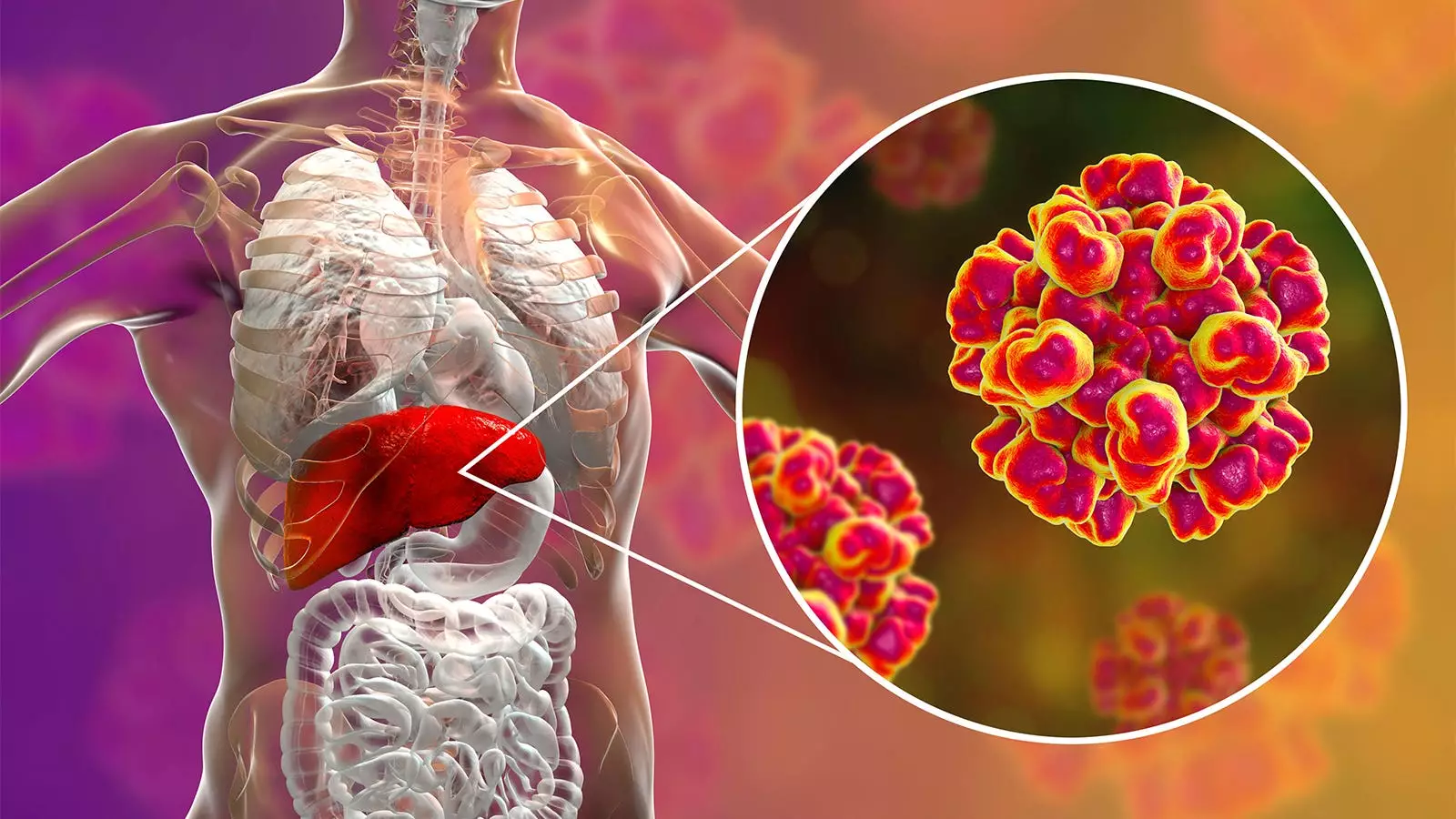The results of a phase III trial conducted in China showed that a three-dose vaccine regimen for hepatitis E virus (HEV) prevention had a high efficacy rate of 83.1% to 86.6% over a period of 10 years. This study, led by researchers from the Jiangsu Provincial Centre for Disease Control and Prevention, followed over 100,000 participants aged 16 to 65 years who received either the HEV vaccine or a placebo. The incidence of HEV infection in vaccinated individuals was significantly lower compared to those in the placebo group, with milder symptoms observed in cases that did occur.
Hepatitis E virus is a leading cause of acute viral hepatitis worldwide, causing an estimated 20 million infections and 70,000 deaths annually. While HEV is more prevalent in regions such as Africa, Central America, and Asia, cases in Europe and the U.S. are also being reported, highlighting the importance of preventative measures. The study revealed the efficacy of the HEV vaccine in protecting against the virus, shedding light on its potential to reduce the burden of HEV infections globally.
One of the key findings of the study was the prevalence of HEV-3 and HEV-4 genotypes, which are zoonotically transmitted through the consumption of uncooked or undercooked meat from animals such as boars, deer, and pigs. Most participants in the study were found to have HEV-4 genotype, indicating the importance of addressing zoonotic transmission routes to prevent future outbreaks. Understanding the genetic diversity of HEV and its transmission pathways is crucial in developing targeted interventions.
The long-term efficacy of the HEV vaccine has raised questions about its effectiveness during large outbreaks, where higher levels of HEV exposure may occur. While the World Health Organization has recommended the use of the HEV vaccine for outbreak responses since 2015, further research is needed to assess its performance in high-risk settings. Safety data from previous studies have shown no serious adverse effects associated with the vaccine, but additional studies are required to evaluate its efficacy in vulnerable populations, such as pregnant women and immunosuppressed patients.
The remarkable efficacy of the HEV vaccine demonstrated in this study underscores the importance of vaccination in preventing HEV infections and reducing the global burden of hepatitis E. As ongoing efforts continue to improve vaccine coverage and accessibility, the long-term protection offered by the HEV vaccine presents a promising opportunity to combat the spread of the virus. Public health authorities and policymakers should prioritize strategies that promote vaccination uptake and address the underlying factors contributing to HEV transmission, ultimately striving towards a world free of hepatitis E infections.

Leave a Reply